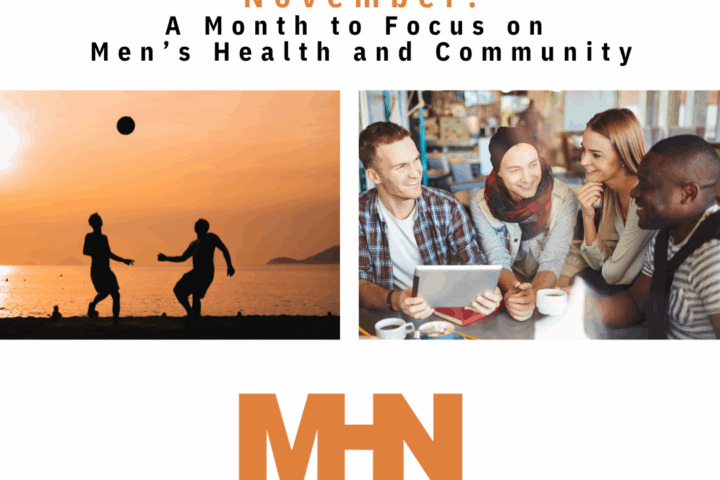Why should women care about men’s health? Because men’s health affects women directly, says Armin Brott in “Blueprint for Men’s Health: A Guide to a Healthy Lifestyle,” a 76-page book available from Men’s Health Network.
Brott, a spokesman for Men’s Health Network and author of the syndicated Healthy Men column, has written about men’s health for many national publications and is the best-selling author of seven books on fatherhood. He notes that more than half of premature deaths among men are preventable, and that women who educate themselves about men’s health issues can help save the lives of the men they love.
It’s a shocking statistic, Brott notes, but it’s true: More than half the elderly widows now living in poverty were not poor before their husbands died. The statistic comes from a report from the U.S. Administration on Aging called “Meeting the Needs of Older Women: A Diverse and Growing Population.”
Women outlive men by an average of about five years. There are many reasons why men die sooner than women. Men:
- Die younger of heart disease, stroke, cancer, diabetes, and other diseases
- Don’t take care of themselves as well as women do
- Don’t seek medical attention when they need it
- Are less likely to adopt preventive health practices
- Men are more likely to work in dangerous occupations
“Blueprint for Men’s Health” offers concrete steps that women can use to help the men they love stay healthy. Among the most important steps: Make sure men get regular medical checkups and push them to adopt healthy behaviors.
Those prompts can also come from health care workers and others outside the family. A Patient Centered Outcomes Research Institute (PECORI) study compared three methods to help patients manage Type 2 Diabetes. It found that patients responded well to prompts from telehealth and community health workers.
Men’s Health Network has a variety of resources to help women learn more about their role in men’s health.
The free brochure “What Women Need to Know About Men’s Health” provides tips and action points for women to help their men stay healthy. It’s also available in Spanish. Another brochure, “Dealing with Sensitive Issues,” offers ideas to use to speak to men about erectile dysfunction, breast cancer and other health issues often undiscussed.
Understanding men’s health may be one of the best things a woman can do for her own wellbeing.




